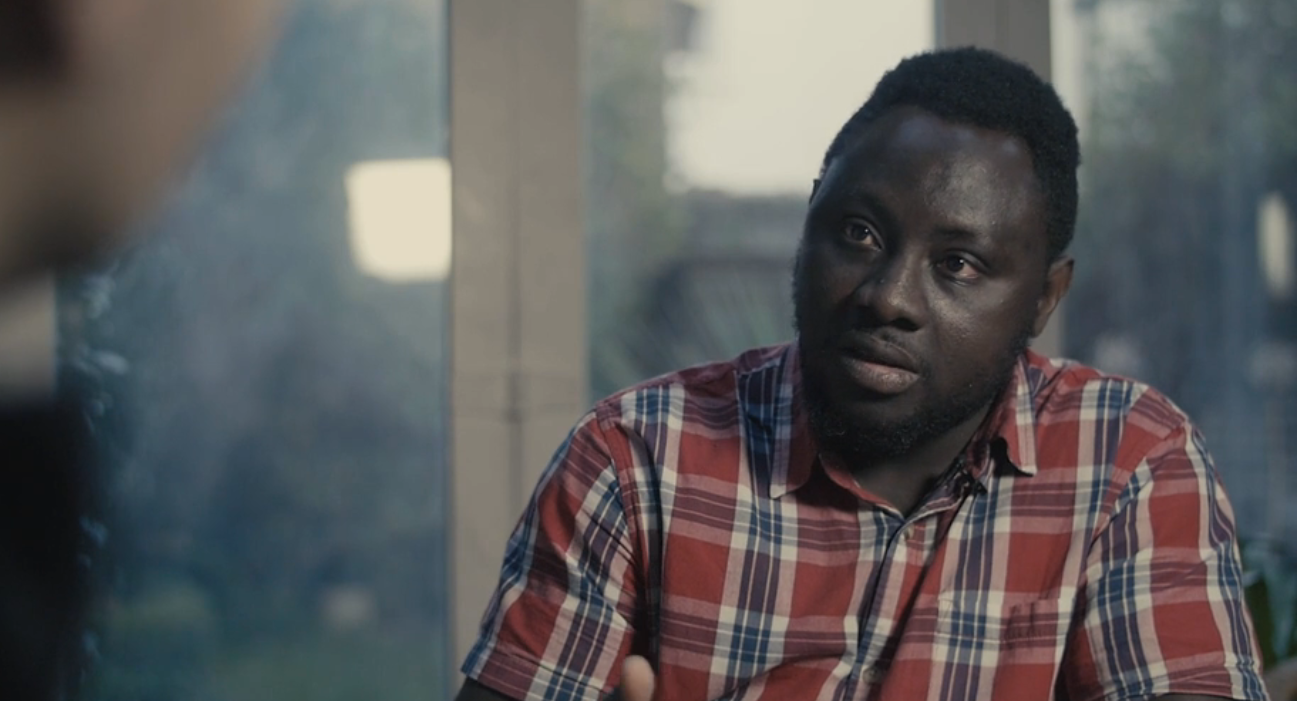Does this humiliation have no end? Stop sending people like me to our deaths.
by Luqman Onikosi
16 February 2016

I entered the UK in 2007 to study at the University of Sussex, and was subsequently diagnosed with a chronic liver condition brought on by Hepatitis B. In Nigeria, there is not the medical infrastructure required to keep me alive. My battle to stay in the UK on medical grounds, in other words, is a fight to stay alive.
But the Home Office has now decided to deport me, and so I face a death sentence. They have tried to do so once before, in 2012, but I managed to win the fight to stay in the country for the time being. This time, however, I am not hopeful that I will be so successful. Regardless, I am still determined to fight.
In October 2011, and then March 2012, my brothers in Nigeria, Kolade Onikosi and Hanuna Onikosi, died of complications brought on by the same illness. The same fate now awaits me, unless the Home Office reverses its decision to refuse me leave to remain in the UK. I believe it is barbaric to send a third member of my family – me – to my death.
When disaster befalls a migrant’s life, it falls upon them to convince the Home Office that they have the right to stay in the country, and consequently, for many, the right to stay alive. As migrants, we are meant to justify why we deserve the right to life by demonstrating the value we add to the economy. Of course having to prove our economic value is inevitable in a capitalist, racist system, where one life is worth saving and the other is seemingly no longer a life, but a mere figure among many.
As a former international student in the UK, like other international students, we are wrongly accused of ‘milking the system’. The truth is very different: we are treated as ‘cash cows’ by most education institutions. We continue to add value to the UK economy through its international education system, worth up to £2.8bn in London alone.
I am frustrated by the institutional commodification of international students, desperately competed for by universities and colleges. In short we are not treated as human; we are dispensable and even the relation of customer to a marketised education system is not enough to allow us to progress. In 2015, in the final stages of my masters from the University of Sussex, my right to study was withdrawn due to demand from the Home Office. If even my rights as a ‘cash cow’ are denied, what a dire situation it is.
The UK government, irrespective of which party has been in power, encourages a covert parasitic attitude towards international students. This in part explains that shameless way myself and other people have been used and then discarded after completing our studies.
In debates around euthanasia I can see an analogy between the right to life and the right to be legally and medically permitted to die. Many resident British citizens have faced the painful process of fighting for the right to die and yet are denied this on the basis of moral arguments regarding the worth of life as such.
Yet there are women such as Ama Sumani, a Ghanaian widow living in the UK, who judicially battled for the right to life, to stay alive for her children, but her case was dismissed by the Home Office simply because she had not updated her contact information after moving. Ama was deported whilst undergoing treatment for terminal cancer at the University Hospital of Wales in Cardiff, and died in Ghana just three months later. The medical journal the Lancet described her removal from hospital by immigration officials as “atrocious barbarism”.
There are too many cases similar to mine, such as Roseline Akhalu, a kidney patient, whose battle to remain in the UK has been successful – but there are many others that have not been. Together our struggles illustrate how ‘racially’-driven most of the statutory policies are, and how racist the operations of UK Visas and Immigration, formerly the Border Agency, are in practice, even as the agency attempts to mask this by using the language of ‘nation’, quotas and ‘genuine’ refugees, and even feigning care for the most dispossessed while simultaneously sending them to their death.
I find it utterly dehumanising and humiliating that I have to justify and defend my existence as an equal human being. I have to fight for my right to life, by discussing the death of my two brothers from the same chronic liver condition, just to highlight how serious the situation is.
There are many people out there with chronic health conditions who are in similar legal situations, but they are not as brave as Roseline Akhalu, because they are intimidated by the notion that coming out will make their case worse.
UK Visas and Immigration must review its rules for applications to extend stay in the UK – FLR(O) – made on medical grounds, which currently set an abstract, high threshold, particularly for vulnerable migrants who have a medical condition. Migration has not just greatly contributed economically to the UK – migrants themselves have also socially contributed to the system and our respective communities, and even if we have not what right does this government hold to murder us?
We must stop this institutionalised programme of humiliation and barbarism. Stop deporting people like me to our deaths.
The Campaign to Stop the Deportation of Luqman Onikosi has launched a crowdfunding campaign – #DontDeportLuqman – to cover legal expenses.
Photo: Novara Media
–
If you want to support media for a different politics, you can donate or subscribe to Novara Media at support.novaramedia.com.